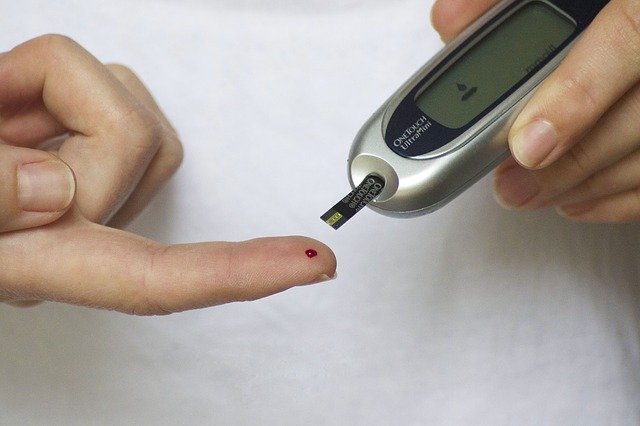
In Switzerland, more than 400,000 people suffer from type 2 diabetes, a serious metabolic disorder that is constantly increasing.
Obesity, by promoting the resistance to the action of insulin—one of the hormones that regulate blood sugar levels—is a major risk factor.
However, insulin imbalance may not be the only cause of the onset of diabetes.
In a new study, researchers found another mechanism: indeed, the liver appears to have the ability to produce a significant amount of glucose outside of any hormonal signal.
In patients with excess liver fat, this overproduction of glucose could lead to type 2 diabetes, regardless of hormonal circuits.
These results highlight a novel re-reading of the origin of diabetes in overweight patients.
The research was conducted by a team at the University of Geneva (UNIGE).
Blood sugar levels are mainly regulated by two antagonistic hormones: insulin, which lowers blood glucose level, and glucagon, which increases it.
The liver plays an essential role in regulating blood glucose levels by producing and redistributing glucose under the influence of these two hormones.
Overweight people, therefore, face two threats: on the one hand, the risk of developing insulin resistance, which is a precursor to type 2 diabetes, and on the other hand, an accumulation of fat in liver cells, which is known as “fatty liver” syndrome.
This accumulation of lipids indeed induces an alteration in the morphology and structure of mitochondria, the cells’ energy plants.
In the study, the team wanted to know if there is a link between liver cell energy, obesity, and diabetes.
They observed glucose production by the liver independently of an external signal, and particularly hormonal.
This finding may explain the development of type 2 diabetes in patients with a “fatty liver” syndrome, apart from any apparent insulin imbalance.
To confirm this, UNIGE researchers are now considering to see if this overproduction of glucose can trigger abnormally high blood sugar levels and therefore diabetes.
The lead author of the study is Pierre Maechler, a professor at the Department of Cell Physiology and Metabolism.
The study is published in the Journal of Biological Chemistry.
Copyright © 2019 Knowridge Science Report. All rights reserved.



